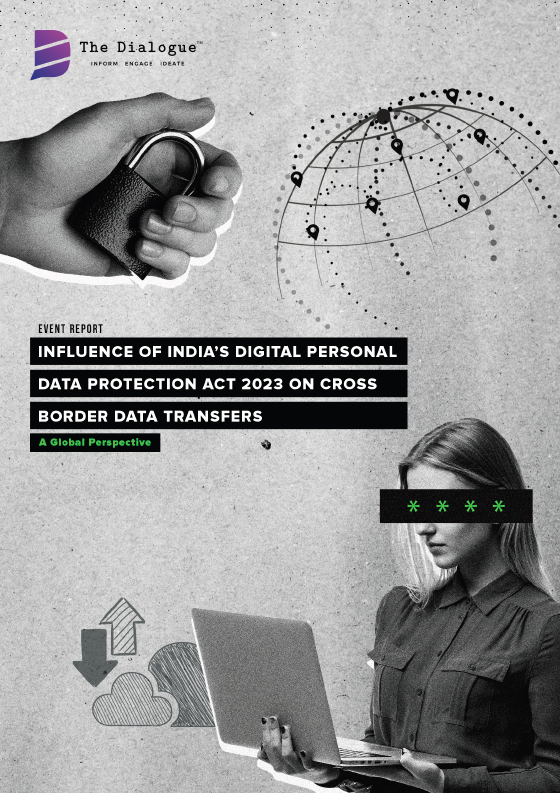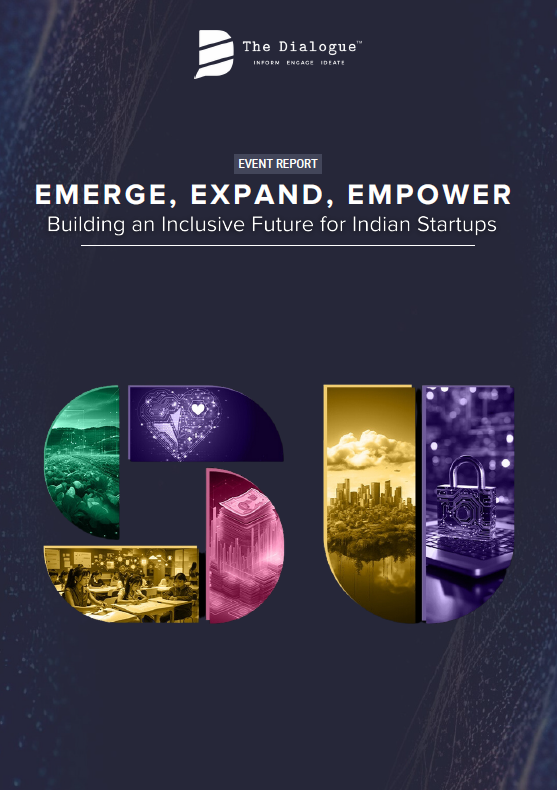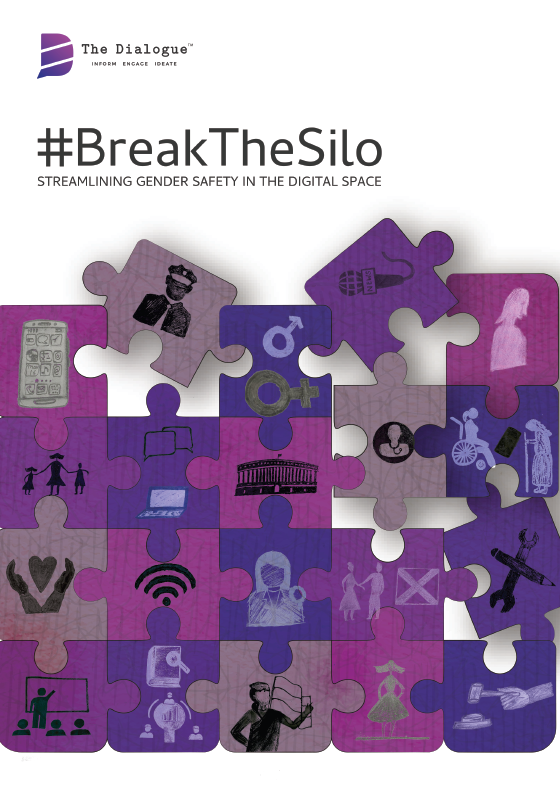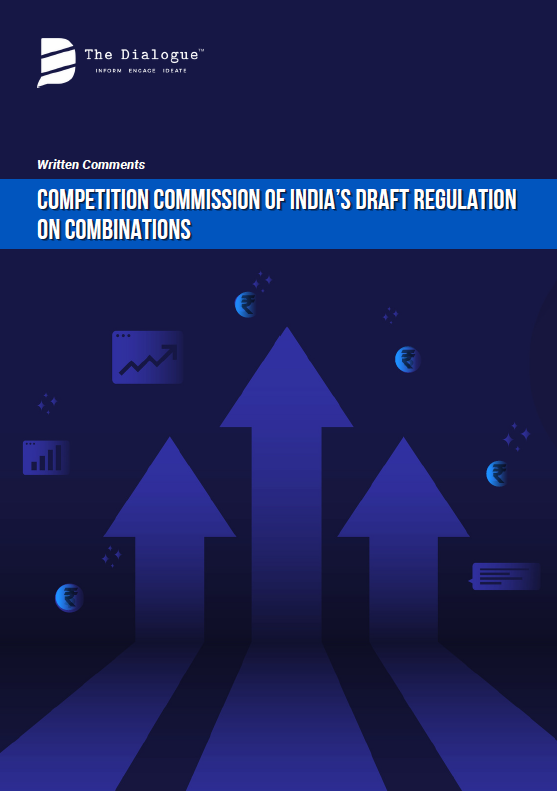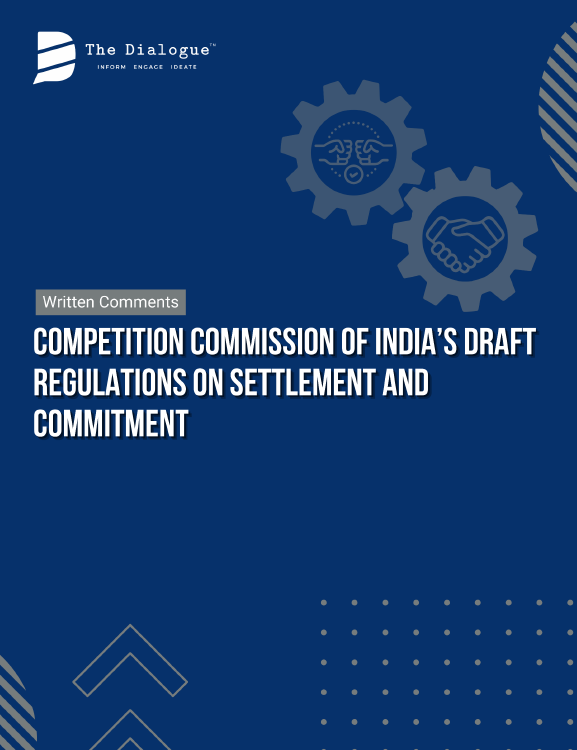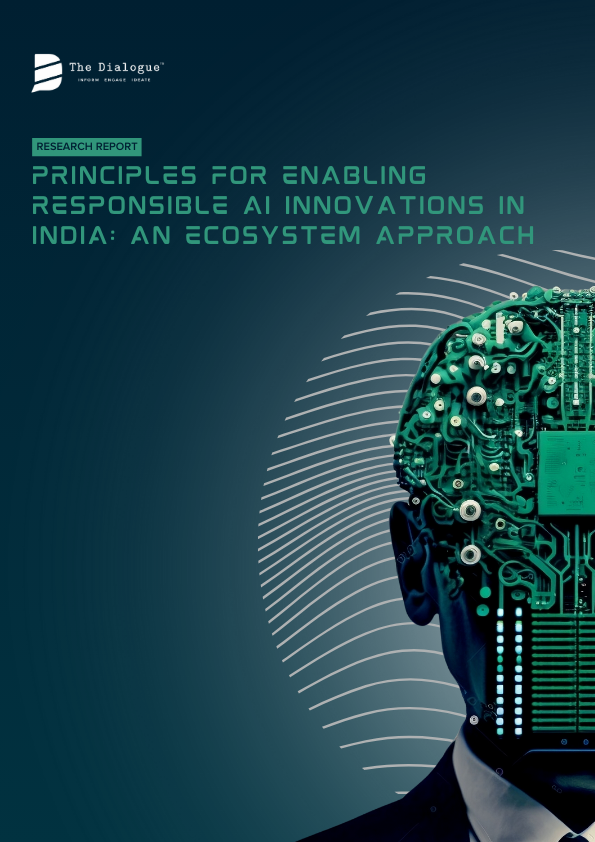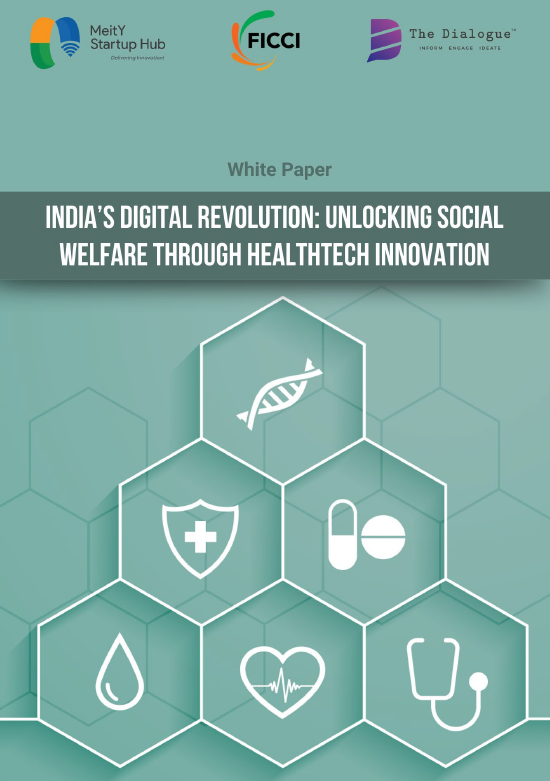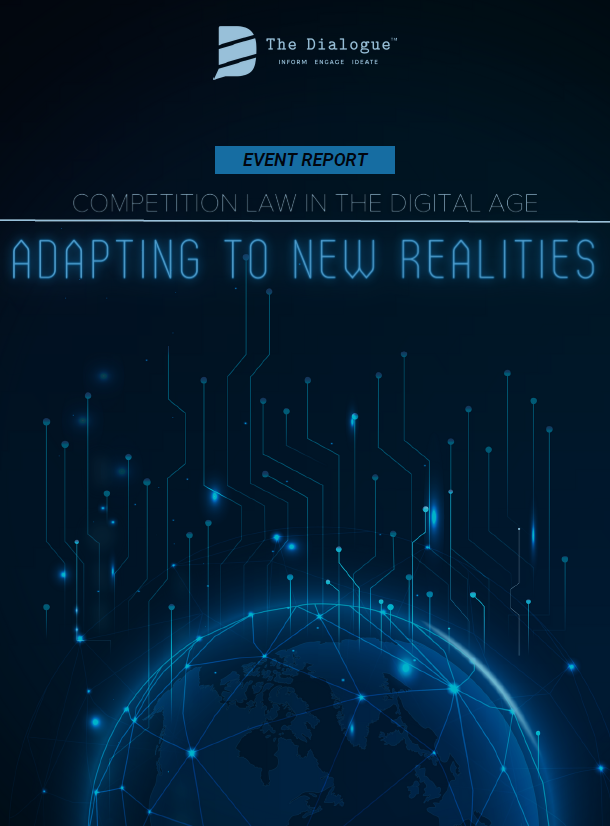Event Report – Roundtable on Influence of India’s Digital Personal Data Protection Act 2023 on Cross-border Data Transfers: A Global Perspective
The Dialogue hosted a virtual roundtable discussion titled “Influence of India’s Digital Personal Data Protection Act 2023 on Cross-border Data Transfers: A Global Perspective” on 29th September 2023. The primary objective of the session was to understand the impact of the Digital Personal Data Protection Act of 2023 (“Act”) on global digital trade, specifically in […]
